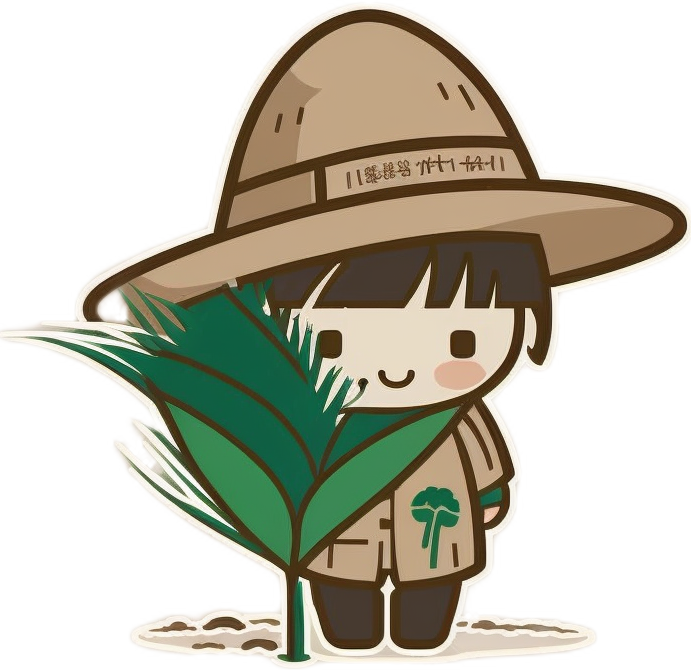Confusion is common when it comes to understanding the term “Vegan”. With so many buzzwords and slang floating around to describe healthier lifestyles, it can be tough to know exactly what Vegan means. To get a clear picture, it’s important to know what’s expected of a Vegan diet. And for many who follow this lifestyle, being mistakenly grouped with another type of diet can be frustrating.
When it comes to a Vegan lifestyle, it primarily involves avoiding meat and all animal-related products. While some may think that vegetarians still consume dairy products, that’s not the case for true Vegans. Vegans don’t eat anything that comes from animals, they don’t use animal-derived products, and they avoid anything that contributes to animal cruelty during production. This means no milk, yogurt, butter, eggs, leather clothing, and so on.
There’s a common misconception that Vegetarianism and Veganism are the same thing, but they’re not. Vegetarians still consume animal products such as eggs, milk, dairy, yogurt, and other similar items that don’t directly harm animals. They avoid meat but not other animal-based products. On the other hand, Vegans avoid all animal-based products, including meat, dairy, eggs, and anything else that’s made from animals or causes harm to animals in production, such as leather clothing.
When deciding which lifestyle to adopt, it’s important to consider your current eating habits. Some people find that the strict restrictions of a Vegan diet are too much to handle and choose to follow a Vegetarian diet instead. It’s all about finding what works best for you and your family.
Adopting a Vegan lifestyle can come with its own set of challenges, especially when it comes to meal planning. Since you can’t just grab pre-packaged meals from the freezer, you’ll need to put in a little extra effort to make sure you have fresh ingredients on hand. Although you can still use some frozen foods, it’s important to keep in mind that the taste and texture of some fruits and veggies might not be the same once they’re thawed. To get around this, you might want to consider starting your own garden. Growing your own produce will ensure that you always have fresh ingredients, but it’s not necessary to have a huge garden. In fact, starting small and gradually expanding your garden as you go is a great way to get started.
You don’t have to think that a huge garden is a must-have. Many folks start small, growing only a limited variety and quantity of foods, and gradually expand as they find more space. However, a common mistake is underestimating the potential of a small garden. If you hold off on starting your garden until you have enough room for a massive one, you’ll miss out on the delicious benefits that come with growing your own fresh produce.
If you’re looking to live a healthier lifestyle, starting small and gradually making changes to your diet might be the best approach. Vegetarianism can be a great starting point before transitioning to a full vegan lifestyle. It’s crucial to understand the differences between the two to make an informed decision that works for you and your family. Improving your health should be a top priority and with the right research and planning, a healthy lifestyle is within reach, even if going fully vegan isn’t for you.
